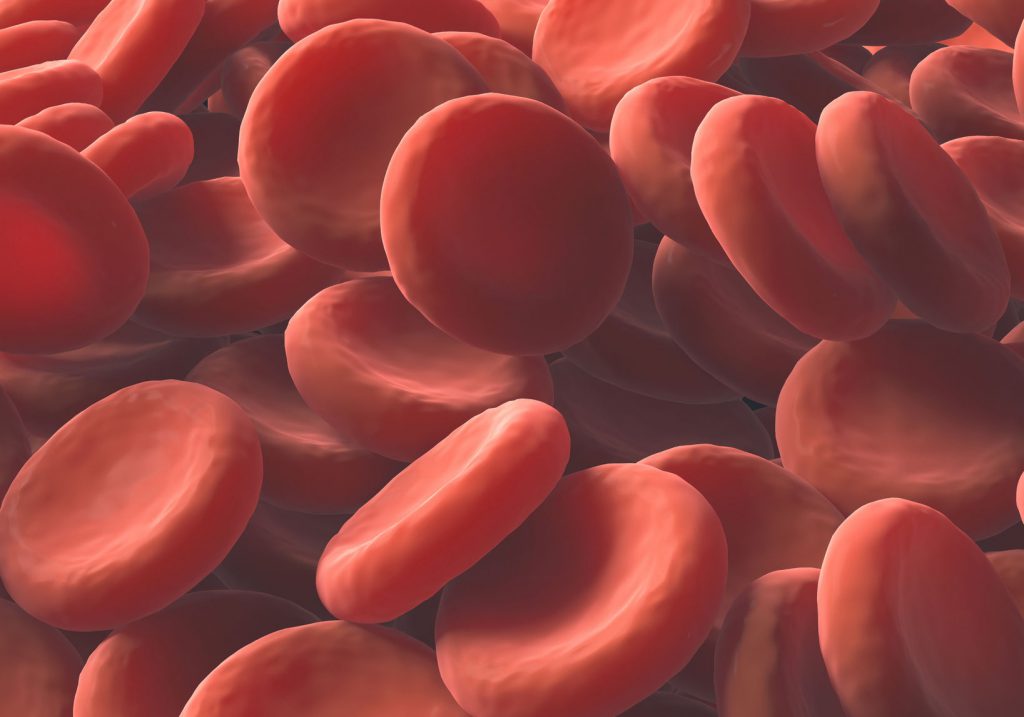Despite the best efforts of organizations like the Red Cross to encourage adults to donate blood, shortages still occur around the world. The blood supply is often limited for individuals with rare blood types, and large-scale natural disasters can quickly deplete the supply of safe, useable blood.
Researchers have long been working on ways to generate red blood cells in vitro, however methods using stem cells have failed to generate a consistent, sustainable supply. UK researchers at the University of Bristol have developed an immortal line of early adult erythroblasts capable of continuously producing mature red blood cells.
“We have demonstrated a feasible way to sustainably manufacture red cells for clinical use,” senior study author Dr. Jan Frayne, of the School of Biochemistry at the University of Bristol, told BBC News. “We’ve grown litres of it.”
According to the researchers, the immature red blood cells – known as reticulocytes – produced using this method show no measurable differences compared to cells cultured in the lab. The researchers published their findings in the journal, Nature Communications.
The next step for the researchers is to pair the technology with a manufacturing system capable of producing large quantities of the lab-grown red blood cells for clinical use. Since the technique is likely to be very expensive – at least at first – the blood cells generated will likely be destined for patients with very rare blood types.
“There is a bioengineering challenge,” said Professor David Anstee, of the Bristol Institute for Transfusion Sciences, National Health Service Blood and Transplant. “To produce that much at scale is quite a challenge, and really the next phase of our work is to look at methods of expanding the yield.”
The researcher have yet to transfuse the cultured red blood cells into patients, however safety studies are likely to begin before the end of the year. The researchers say that the red blood cells could have a number of other purposes, including being used to study blood diseases.
“The first therapeutic use of a cultured red cell product is likely to be for patients with rare blood groups,” said Anstee, “because suitable conventional red blood cell donations can be difficult to source.”












Join or login to leave a comment
JOIN LOGIN